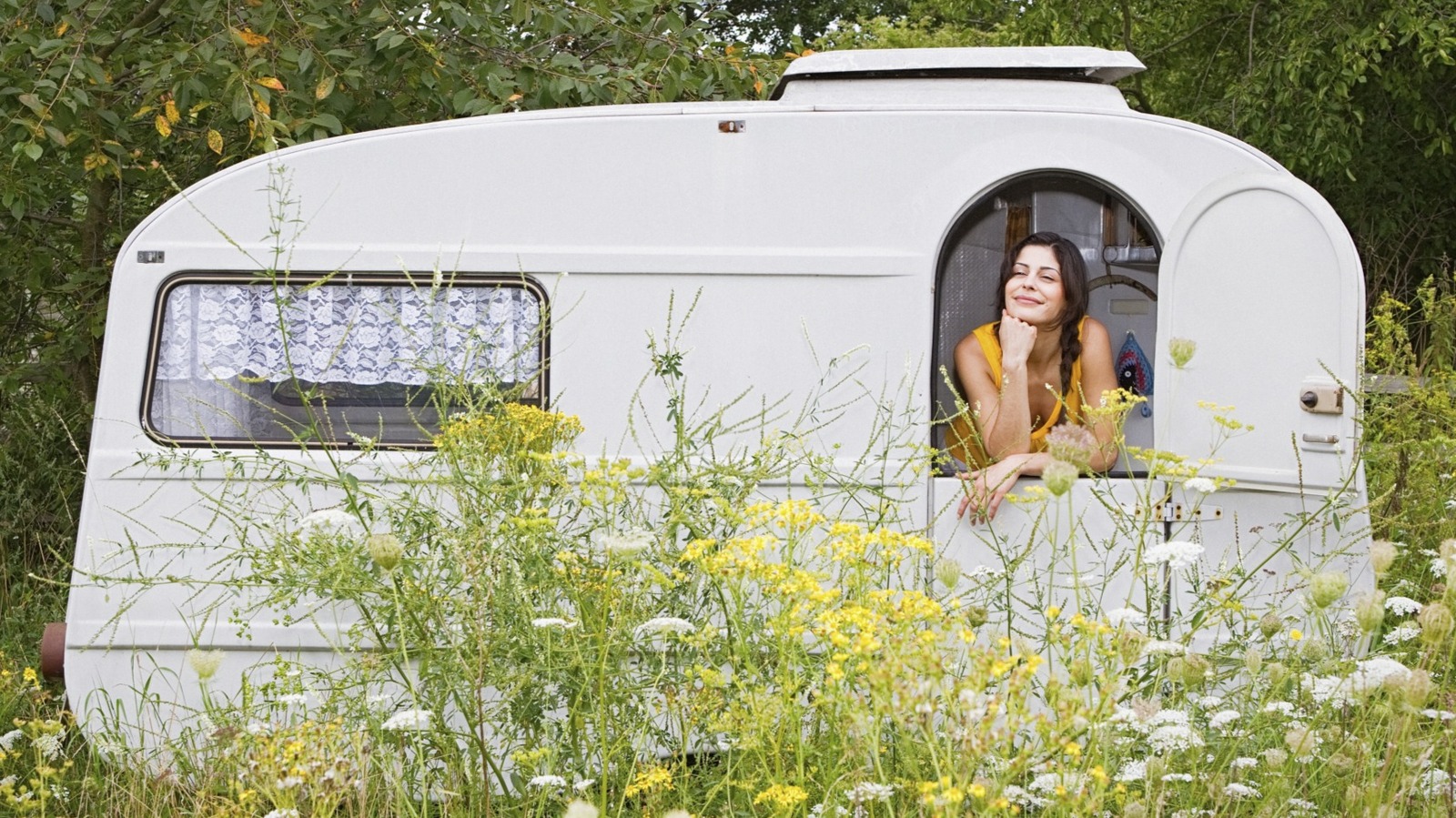Is It Legal to Ride in a Towed RV or Camper Trailer?
If you’ve ever dreamed of hitting the open road with friends or family tucked comfortably in the back of your camper, you’re not alone. The idea sounds fun—rolling scenery, card games at the dinette, maybe a nap on the couch. But before you let anyone climb into a towed RV or camper trailer while you’re driving, it’s crucial to know what the law actually says.
Which States Allow Passengers in Towed Campers?
Here’s the reality: in most US states, riding in a towed RV or camper trailer is illegal. The reasoning is simple—these trailers aren’t built to the same safety standards as passenger vehicles. No seat belts, no airbags, and often, no way for the driver and passengers to communicate in an emergency. According to the National Highway Traffic Safety Administration, the lack of crash protection in trailers makes them a risky place for anyone during transit.
That said, a handful of states do allow it under specific circumstances. For example, states like California, Arizona, and Nebraska permit passengers in fifth-wheel trailers (not traditional travel trailers), but only if the trailer is equipped with safety glass and an accessible exit. Some states require two-way communication between the driver and the trailer. But these exceptions are rare, and the rules can change from one state line to the next. It’s always best to check the most current regulations from your state’s Department of Transportation or Highway Patrol before making any plans.
What Are the Safety Risks of Riding in a Towed Trailer?
Even if it’s technically legal in your state, safety experts strongly advise against riding in a towed camper. Why? Trailers are designed for living, not for surviving a crash. They lack the structural reinforcements found in cars and trucks. In a sudden stop or accident, unsecured passengers and loose objects can become dangerous projectiles.
Consider this: the Insurance Institute for Highway Safety notes that RVs and trailers are more prone to rollovers than standard vehicles, especially in high winds or during evasive maneuvers. If you’re inside a trailer during a rollover, the odds are not in your favor. There’s also the issue of communication—if something goes wrong, the driver might not even know there’s a problem in the back until it’s too late.
How Do Law Enforcement Officers View This Issue?
Law enforcement takes these laws seriously. If you’re caught with passengers in a towed trailer where it’s not allowed, you could face hefty fines, points on your license, or even more severe penalties if an accident occurs. Officers often cite the unpredictability of road conditions and the lack of safety features as reasons for strict enforcement.
Anecdotally, officers have shared stories of traffic stops where families were surprised to learn that their cross-country adventure was breaking the law. In some cases, trips have been cut short or rerouted to comply with regulations. The bottom line: ignorance of the law isn’t a valid defense.
Are There Any Safe Alternatives for Traveling with a Group?
If you’re set on traveling with a group, there are safer—and legal—ways to do it. Many RVs are motorhomes, which are self-propelled and built to carry passengers safely. Everyone gets a seatbelt, and you can still enjoy the camaraderie of road travel. For those with towable campers, the best bet is to have everyone ride in the tow vehicle. It may not be as roomy, but it’s far safer and keeps you on the right side of the law.
Some families rent a second vehicle or plan their trips with more frequent stops to keep everyone comfortable. It’s a small price to pay for peace of mind.
What Should You Do Before Your Next Road Trip?
Before you head out, double-check the regulations for every state you’ll be passing through. Laws can change at state borders, and what’s allowed in one place might get you ticketed in another. Make sure your trailer is properly hitched, your load is balanced, and all passengers are buckled up in the tow vehicle. It’s also smart to pack a two-way radio or hands-free communication device if you need to stay in touch between vehicles.
The big takeaway? Riding in a towed RV or camper trailer isn’t about bending the rules—it’s about making smarter, safer choices. Start with one change this week, and you’ll likely spot the difference by month’s end. Safe travels and happy camping.


